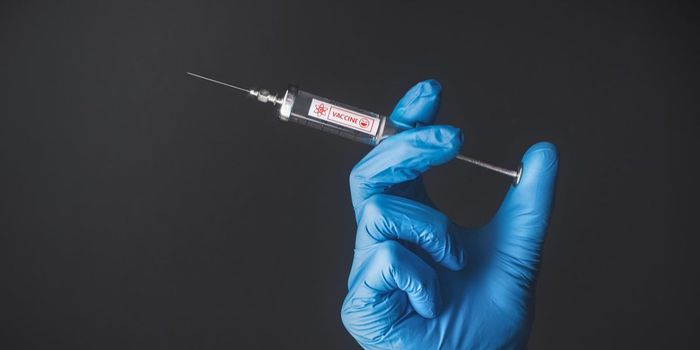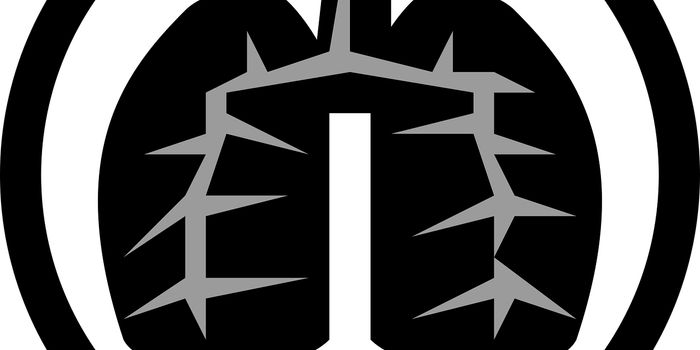Is a multi-cancer detection blood test safe for women?
Earlier detection is essential in order to reduce deaths caused by cancer. A new study, DETECT-A (Detecting cancers Earlier Through Elective mutation-based blood Collection and Testing), has been published recently in the journal Science. Researchers conducting the study have developed a blood test called CancerSEEK that is capable of detecting eight common types of cancer with non-invasive methods. While the new blood test is not meant to replace other methods of early detection, it is hoped that it will aid in improving detection among particular cancers that are difficult to detect, like ovarian cancer.
The researchers caution that the study was not conducted with regulatory approval of a specific test in mind. Furthermore, they comment that larger formal trials will be imperative to determine the clinical validity and utility of CancerSEEK as a detection method.
The study included women with no history of cancer, ages 65 to 75. Lead researcher, Anne Marie Lennon and her colleagues analyzed circulating DNA and protein biomarkers of cancer in the blood of the participating women. The researchers applied the CancerSEEK test to 1005 patients with nonmetastatic, clinically detected cancers of the ovary, liver, stomach, pancreas, esophagus, colorectum, lung, or breast and found that the tests were positive in a median of 70% of the eight cancer types.
They found that some cancers were detected by blood analysis, while others were detected by other traditional detection means, like a full-body diagnostic positron emission tomography-computed tomography (PET-CT) scan. Over the 12-month study, 96 cancers were diagnosed in total. Twenty-six of these were detected by the blood test, 24 by standard screening, and 46 by other means. They write in their study:
“The sensitivities ranged from 69 to 98% for the detection of five cancer types (ovary, liver, stomach, pancreas, and esophagus) for which there are no screening tests available for average-risk individuals. The specificity of CancerSEEK was greater than 99%: only 7 of 812 healthy controls scored positive. In addition, CancerSEEK localized the cancer to a small number of anatomic sites in a median of 83% of the patients.”
Another important follow-up conclusion from the study shows that women who underwent blood test detection did not significantly change their habits in regards to receiving other forms of detection screening. According to Eureka Alert, the fact that the women in the study did not have fewer mammograms after the baseline blood test than they had in the years prior suggests that such a test “can be incorporated into routine clinical care and not discourage participants from engaging in standard-of-care screening, which the authors emphasize their approach shouldn't replace.”
Sources: Science, Eureka Alert









